Conversations with Clients: Isaac Prieto
Isaac Prieto is a Detroit-based DJ and producer and the co-founder of vinyl label Detroit Vinyl Room. He was also a client of Pheek’s, who helped Isaac with song finalization, mixdown and mastering. I spoke with Isaac to gain some insights into his journey as a DJ and producer and his experience working with Pheek.
Note: this interview has been edited for length and readability.
Shawn: To start off, why don’t you tell me a little bit about your relationship with electronic music, how and when you got into it.
Isaac: Well it was basically when I moved to Detroit, with the first time I went to the Movement Festival, in 2012. I remember the experience, and not understanding why I had never heard this kind of music before, because I immediately fell in love with it. After the festival I sought out events in the city that played this type of music.
So you didn’t have any education or formal training in music, right? You just got into it as a fan?
Yeah, I was just a fan of the sound. I would always be using Shazam to find the tracks I liked, and I started listening to so many sets on Soundcloud and just building a music library like that. As my library grew, I got the urge to edit a lot of the tracks (slow them down/filter) to fit my style more, and that was my initial motivation. To make a set with my library, that I would enjoy.
So did you pretty much teach yourself how to DJ then?
Yeah, I started out with just one turntable and a Pioneer Traktor mixer. My friend told me to just watch a bunch of tutorials on YouTube, so that’s what I did. Something that helped me develop too was to try and find a set I really enjoyed [and] which I could find the tracks for, and try to replicate it.
Okay, so let’s talk a bit about your production work. In your Resident Advisor bio, it says you’ll be releasing music this summer on the Detroit Vinyl Room label that you co-founded. Can you tell me more about this project?
Yeah, so a few months ago a new venue opened up [in downtown Detroit], 1315 Broadway. I was asked by a friend of mine, Ali Unifier, to help put together the lineup for some events. To me the sets that always influenced me the most were vinyl-only sets, so we called it Detroit Vinyl Room. The parties went well, but after starting the podcast series I eventually decided to take a break from hosting events to focus on building up the label. I had some tracks I had been working on for some time, and that’s when I reached out to Pheek to help with the mixdown and mastering.
So it was a series of parties and podcasts that then became a label, is that right?
Yeah, correct.
And was it easy to start up a label?
Oh god no, it’s a lot more work than I had anticipated to be honest, but I’m glad I’m doing it. For a while, I had been contemplating whether I wanted to build a package of tracks to send out to labels, but decided against that. I made my main goal in releasing music to make something I would personally enjoy to have, and in turn it made the production process a lot more enjoyable. I showed the tracks to a few of my friends, and they liked it and wanted to be involved in the release. So on this first release, I’ll be providing 2 original tracks with remixes from MGUN as well as Moreon & Baffa.
And you say you needed help with the mixdown and mastering. Tell me more about this. Had you tried to learn how to do it yourself?
Yeah, I had looked into how that process works, but it was beyond the scope of what I could dedicate time to at this point. It really is a job for a sound engineer.
And aside from questions of sound engineering, how did you find the transition from DJing to production? Did you face challenges at first, either technical or in terms of the creative process?
It was a little more frustrating because production took more time to get the hang of. I started off with just getting to know Ableton with a MIDI controller and making loops that I liked, and then moved gradually to aquiring more analog gear. But that took time and money. Before asking Pheek for help, it had been over a year of working on stuff on my own until finally I had 3 or 4 tracks that I was pretty happy with. With one in particular I felt like, “Okay, this track for sure I want on vinyl,” and with the others I felt I had really good ideas, but they just didn’t flow the way I wanted them to, you know? And so I went and asked him for help, and he made them sound a lot better and gave me ideas about how to change them up.
Yeah, he helped with song finalization too, no?
Yeah, so in his tutorials, he talks about these ideas and sub-ideas. And for one of these tracks, I had it down, but it was just the transition points between these ideas that I was having difficulties with. And so I sent him the project, and he changed it up a lot. He sent me a few versions and I would tell him, “Okay, more of this, less of that.” He sent me a few versions, and then afterwards he sent me the different parts of the finalized version that I liked the most. And from there I could easily tell, “Okay, these are the changes that I liked or didn’t like,” which allowed me to make the the final arrangements for the track into something different that fit my own style better. But I wouldn’t have been able to reach that last version had he not changed some other aspects first himself.
Right, so he sort of unblocked you, you could say?
Yeah, he took this block out. Like he would say, “Okay, that transition is really nice right there, but I want it to be more this way.” And now that the song is finished, it’s something that I felt was definitely, was organically, all my idea. He’s just been working with music for so long that these things come so easy to him. So the more we work together, the easier the process gets I guess.
So what brought you to Pheek originally though?
I had been a fan of his music, and so I just followed him on Facebook, and I saw that he posted stuff about production. I found that pretty helpful. I have an agent here in Detroit, my friend Maggie, from Auxetic, and I was telling her about the idea of the label and what I wanted to do, and how I saw what Pheek had been posting on Facebook. And she’s like, “Oh actually, he’s a good friend of mine, he’s a great person, you should totally get in contact with him.” So she made that connection. I mean I already had a bunch of his records, and I like the sound that he makes, so I thought he would be good as someone who can understand what I wanted to do with my sounds.
So it sounds like it’s been a very fruitful creative collaboration for you.
Yeah, yeah. I had chances where I could have put stuff out earlier, and some digital releases and stuff, but nothing really got me that excited about doing that. And it wasn’t until I thought, “Okay, now this is something I’d want to have as mine.” And even if it sells out or it doesn’t sell out or whatever, I’m just gonna print out a few copies on vinyl, and I think it’ll fall into the right hands.
And do you think that the collaboration has brought something to your own production more durably?
Yeah, definitely. I saw how he was able to change what I had, and it gives me new ideas as to how I can do that for future productions. He also posts a lot of good ideas [on his Facebook page and blog] that I wouldn’t have thought of, like “Do a loop a day.” Or, even just how he’s honest. Like when I first sent him the songs, one of them, it just wasn’t ready. And he said, “You can make it sound better.” So before I sent them back, it was a few more weeks of changing it up, before I thought, “Okay, I’ve reached a point where I think this is the most I can do with this track, and I think, with your help, it can be better.”
Follow Isaac Prieto and Detroit Vinyl Room on Soundcloud.

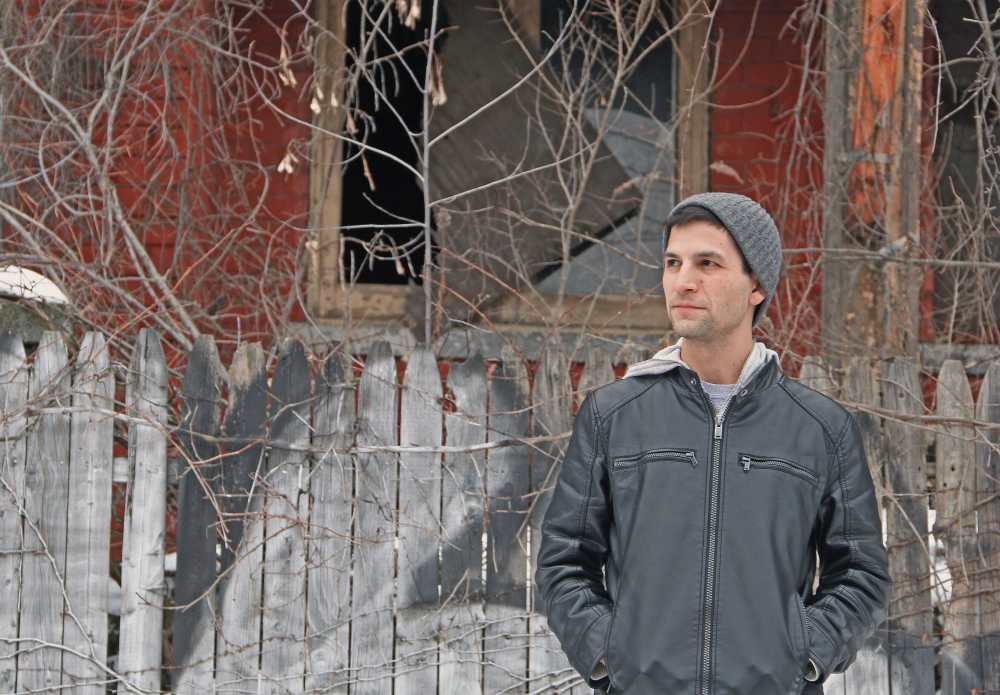
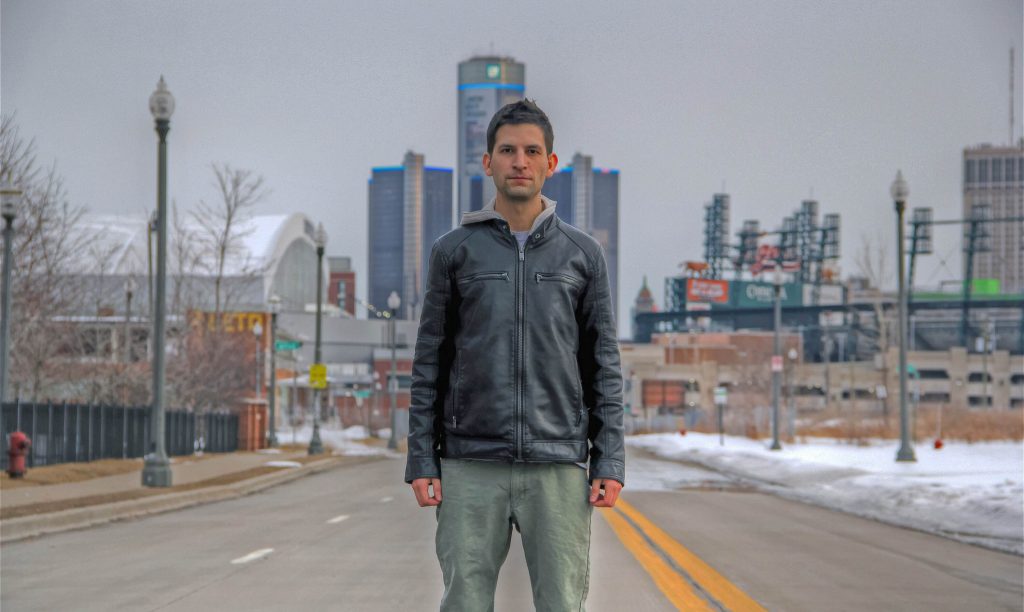
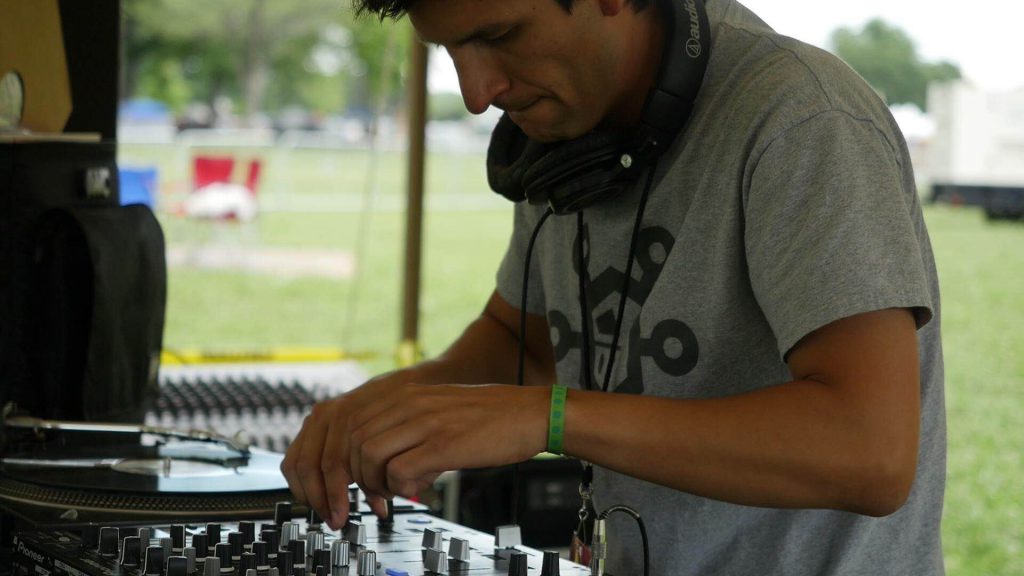
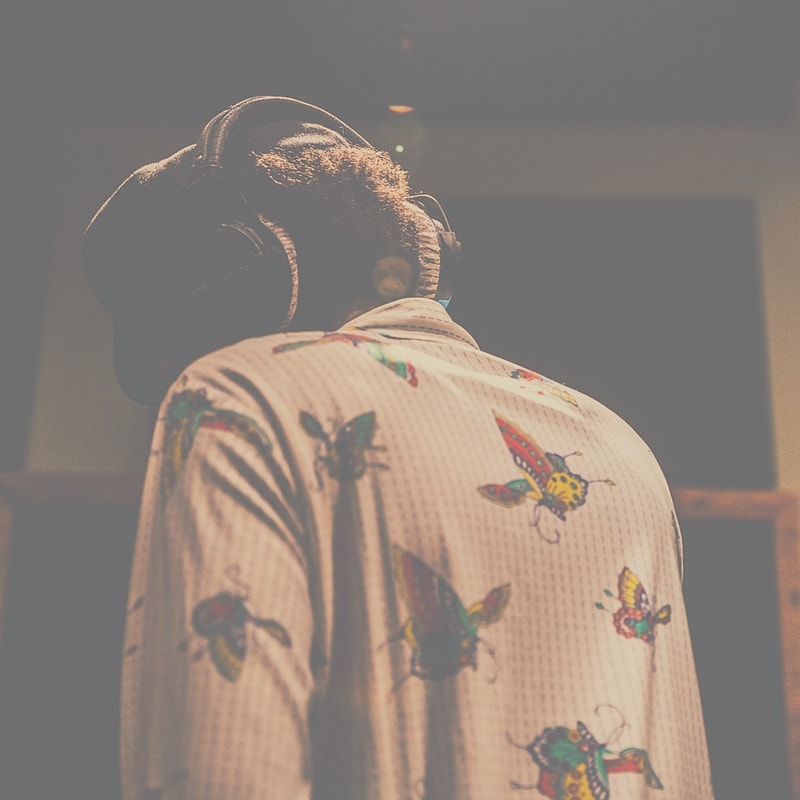



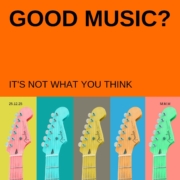
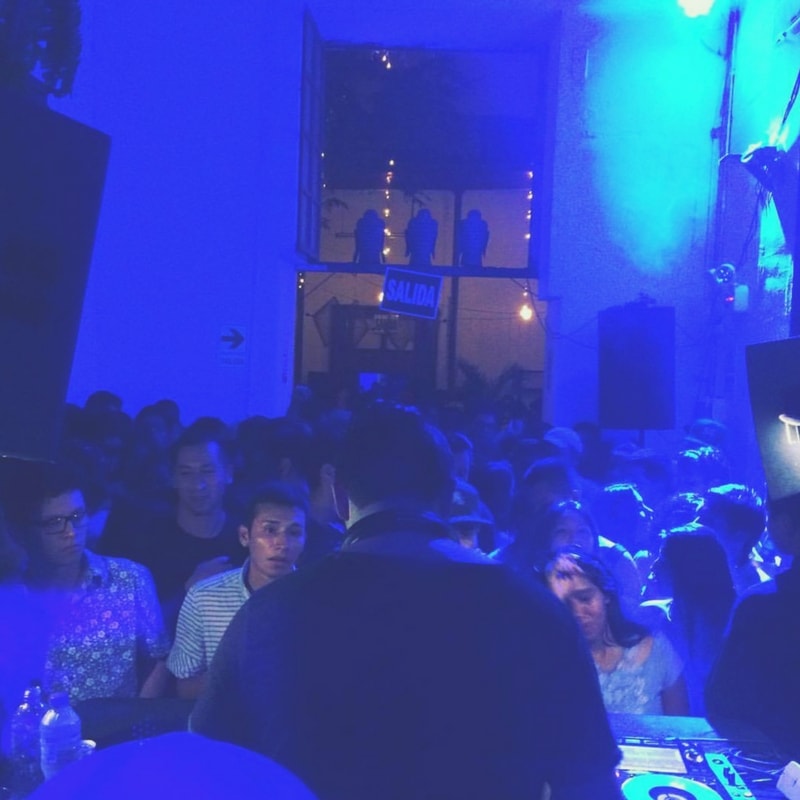

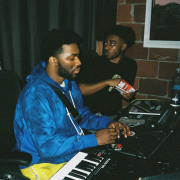


Leave a Reply
Want to join the discussion?Feel free to contribute!